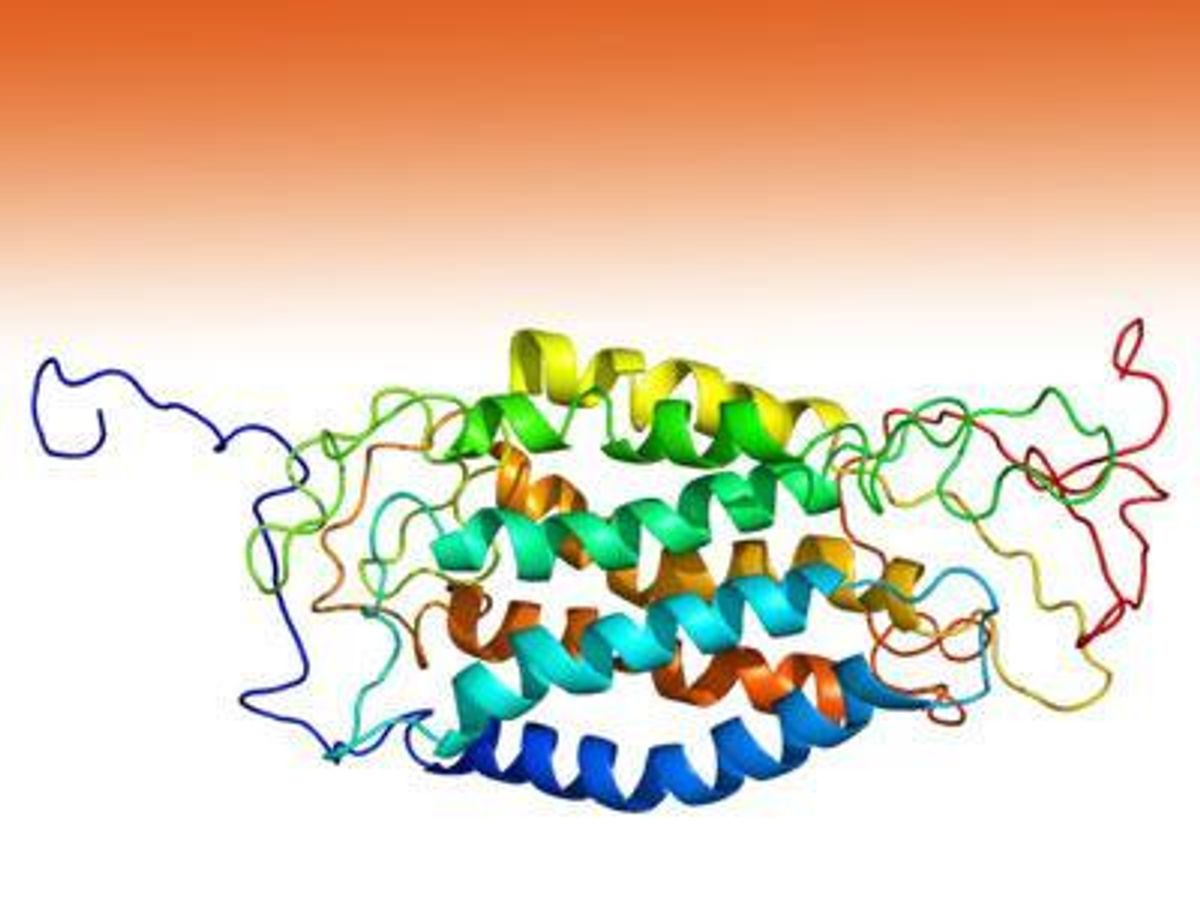The Nationals Institute of Health announced earlier this week that a medication-free treatment plan for HIV might be in the wings. Now, new research is backing that up.
A new study published in the New England Journal of Medicine shows that changing the genetic makeup of one's T-cells could help those cells repel HIV entirely, according to the BBC. The treatment plan involves removing white blood cells, bolstering them with HIV resistance and reinjecting them.
"When patients were taken off their medication for four weeks, the number of unprotected T-cells still in the body fell dramatically," the BBC report stated, "whereas the modified T-cells seemed to be protected and could still be found in the blood several months later."
So instead of merely fighting HIV, as current medication does, this treatment changes someone's immune system to automatically resist HIV. No more costly drugs needed. Daily treatments would be a thing of the past.
"What most people are aiming for in HIV is a way you take treatment for a short period of time and that keeps the virus under control," Monash University professor Sharon Lewin told the BBC.
Of course, Monash admitted, "it's still a long way off" from being a routine treatment option — much more testing needs to be done. Patients in the study only saw about 20 percent of their cells fortified. But combined with other recent developments, this study is a great sign.
READ our previous report here.












































































